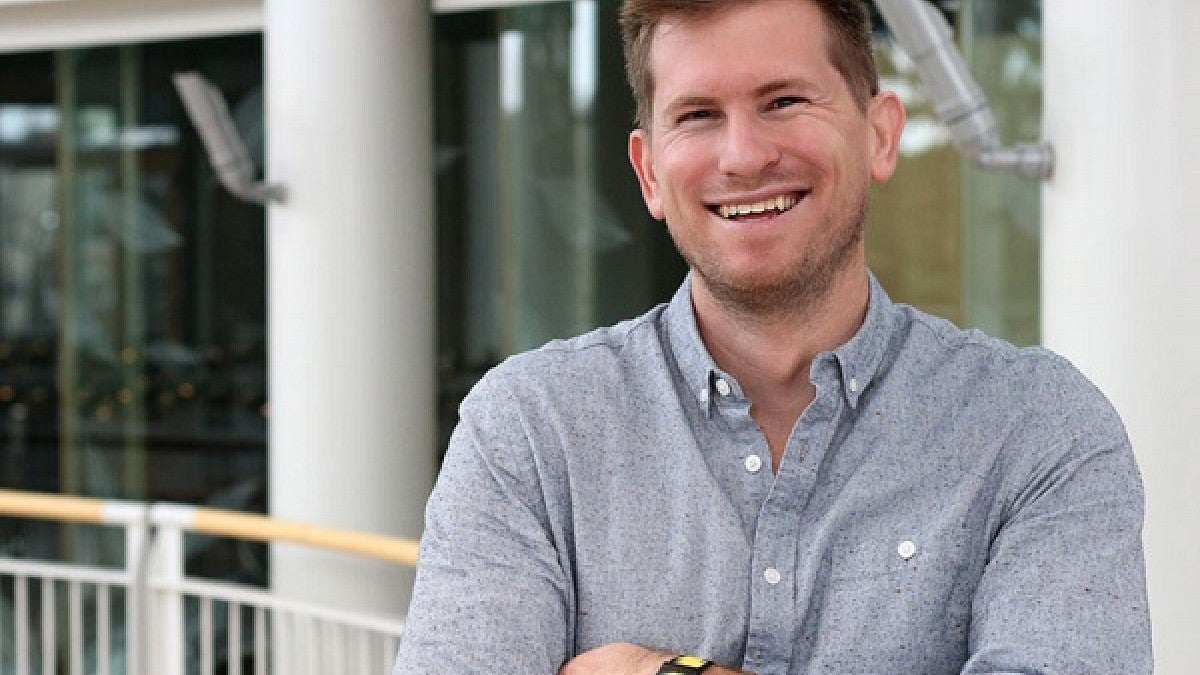The American Health Care Act appears stymied in the U.S. Senate, but coverage of the bill is nowhere near as prevalent as it was during House deliberations. A UO professor said psychology is part of the reason.
Statistics show national television mentions of “Obamacare repeal” peaked at more than 5,000 the day the House passed its version of the bill, but the number has since fallen to less than 1,000 times per day.
A number of factors are at play, and according to UO marketing professor Troy Campbell, human psychology plays a role.
“It’s like if Godzilla showed up in the middle of San Francisco right now, and just sat there doing nothing,” he said. “We have these things that come up, and they become threatening to us; they feel immediately threatening. But then if they don’t lead to a negative immediate consequence, they don’t actually feel threatening.”
For more, see “How GOP secrecy on the health bill plays into our psychological biases” on Vox, which also mentions research on psychic numbing by UO psychology professor Paul Slovic.
Campbell teaches at the UO’s Lundquist College of Business. He’s a behavioral scientist who has directed his studies, focused on identity and beliefs, at the business world. By delving into how people think and what they believe he can better understand consumer behavior and why certain marketing strategies do or do not work.


